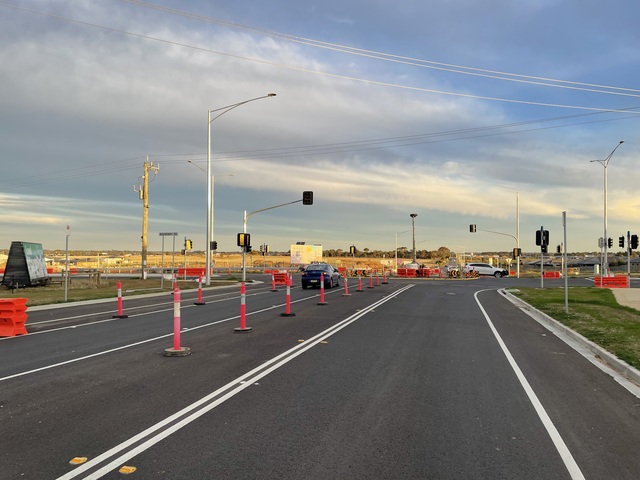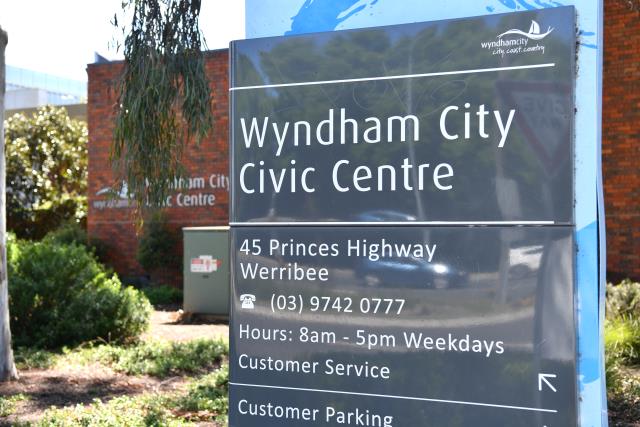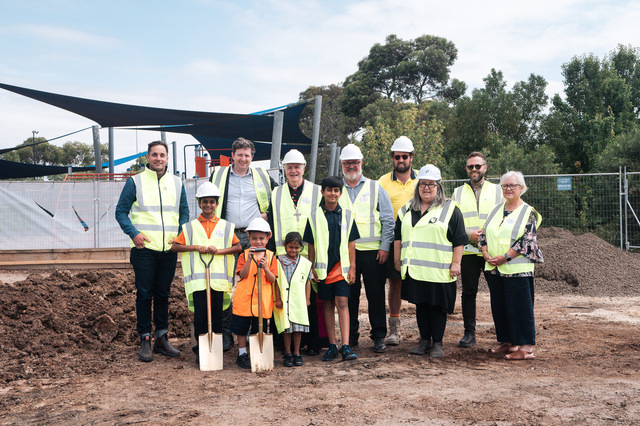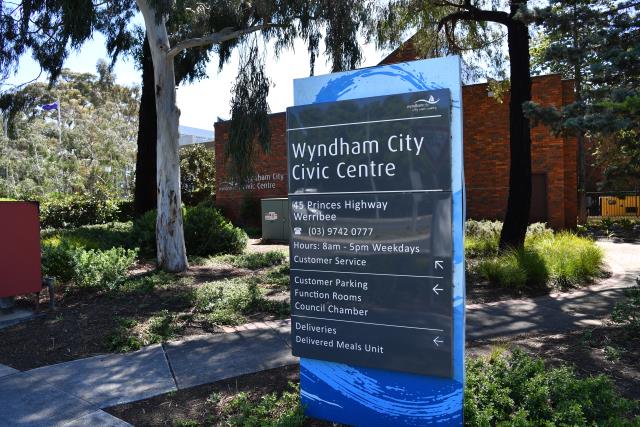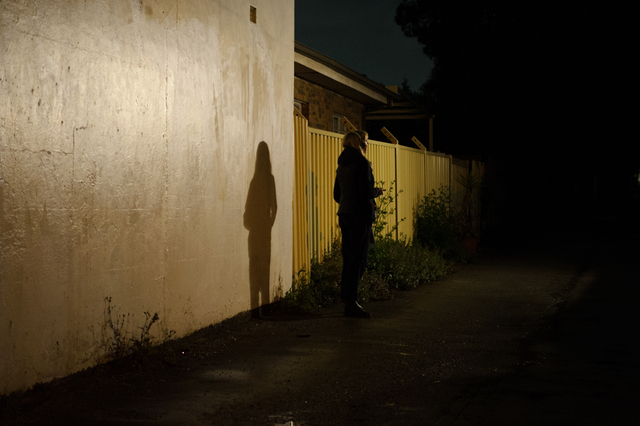MORE than a quarter of Wyndham commuters are blurring the boundaries between home and work, spending at least two hours a day stuck on congested roads or crowded public transport.
New figures from the Health Department show Wyndham has the highest rate of residents statewide, 26.2 per cent, who take longer than two hours a day to travel to and from work. Travel times of two hours a day equate to 20 days a year spent commuting.
The findings have fanned fears among health professionals about the negative impact long commutes can have on life satisfaction and mental well-being for those living in urban fringe areas.
Werribee-based mental health support service, Stepping Up, refers to Wyndham as a “sleeper city”.
General manager Shelley Cross said many workers come home only to sleep, eat and get ready for work – putting them at risk of a range of negative health effects.
“Spending so much time in their cars every day can be depressing. If there’s an accident or roadworks, that’s even more time people are getting anxious in traffic, and getting home late means people can be too tired to exercise. Many families have one parent who has to do all the housework, cleaning and cooking because the other gets home so late, and that can create resentment and affect relationships.”
Wyndham Private Hospital director Dr Laurie Williams said the state government’s decision to bankroll the East Werribee employment precinct was a welcome move expected to generate 50,000 local jobs within 30 years.
“If you have to get in the car at 7 to get to work by 9, there are psychological factors that can act out in depression or alcohol or drugs, and there will be family problems because kids won’t get to see their parents as much.”
Until two months ago, Point Cook resident Brandon Perry commuted to work in North Melbourne by taking two buses, a train, and a 15-minute walk at each end. “It would take about an hour and a half in the morning, and at night about two hours because there was less frequent public transport,” he said.
Now, choosing to commute by car, the trip still takes him between 45 minutes and an hour each way.
He said the biggest battle was accessing the freeway or Laverton station via Point Cook Road – a notorious peak-hour bottleneck. But the father-of-two said getting up earlier and commuting for longer was the trade-off for Point Cook’s affordable housing and proximity to the city.
“Where we used to live, I worked only five minutes from home and had to drive only a couple of blocks.
“Here, there are days when it can take two hours because of a crash on the Princes Freeway or signal faults on the Werribee line, but it just comes down to knowing what you’re in for.”

